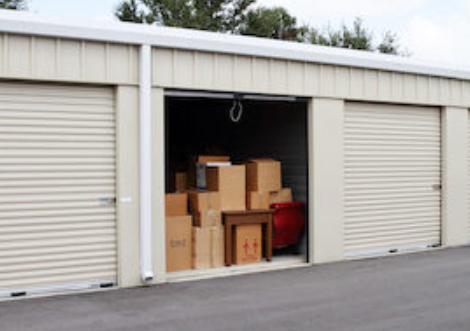In today’s digital age, one might think that paper documents have lost their significance, but that’s far from the truth. Important documents like birth certificates, property deeds, tax records, and legal documents hold great value and need to be stored securely and conveniently for easy access when needed. This guide aims to shed light on how to store these important documents and records effectively.
Categories of Important Documents
Before diving into storage solutions, it’s crucial to understand the categories your documents fall into:
Short-term Documents: Bills, receipts, and utility statements that you may need to refer to briefly but don’t necessarily need to keep for the long term.
Long-term Documents: Legal contracts, title deeds, tax returns, and academic records that hold long-term relevance.
Permanent Documents: Birth certificates, marriage certificates, social security cards, and other identity-related documents that are irreplaceable.
Digital Records: Passwords, digital certificates, and any virtual assets you may have.
Physical Storage Options
- File Cabinets
A traditional yet effective method, using a filing cabinet allows you to keep all your documents in one place. Make sure to use labeled folders to organize the files better.
- Safety Deposit Box
For ultra-sensitive or irreplaceable documents, a safety deposit box in a bank offers heightened security.
- Fireproof and Waterproof Safes
Invest in a safe that offers both fire and water resistance to protect crucial documents from natural disasters.
- Portable Filing Boxes
For documents you may need to carry or move around occasionally, a portable filing box provides convenience and relative safety.
Digital Storage Options
- Cloud Storage
Services like Google Drive, Dropbox, or iCloud offer remote storage accessible from any device with internet connectivity.
- External Hard Drives
Store digital copies of important files in external drives as a backup.
- Encrypted USB Drives
For highly sensitive digital information, consider using encrypted USB drives.
Organizational Tips
Label Everything: Use clear, straightforward labels for folders or digital directories.
Chronological Order: Store documents like bills or bank statements in chronological order for easy retrieval.
Index: Create an index or a master list detailing where each category of documents is stored.
Regular Audits: Periodically go through your documents to remove or shred items you no longer need.
Security Measures
Password Protection: Always password-protect digital copies of important documents.
Limited Access: Whether it’s a safety deposit box or a digital vault, limit access to only a few trusted individuals.
Shredding: For disposing of sensitive papers, always use a cross-cut shredder.
Storing important documents and records is about more than just keeping papers and files organized; it’s about safeguarding crucial aspects of your life. The goal is to strike a balance between accessibility and security so that you can get to your documents when you need them while keeping them safe when you don’t. Follow these guidelines to establish an effective document storage system that offers both peace of mind and ease of access.
This post was written by a professional at . Greenbar Storage has a wide range of storage units available in Oregon. They offer a variety, including ground-level access, security cameras, 24/7 accessibility, and parking spaces. Locally owned and operated, we are the best choice for convenient and clean storage units Madras Oregon area. All of our commercial storage clients accept deliveries from businesses.












